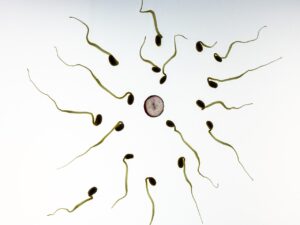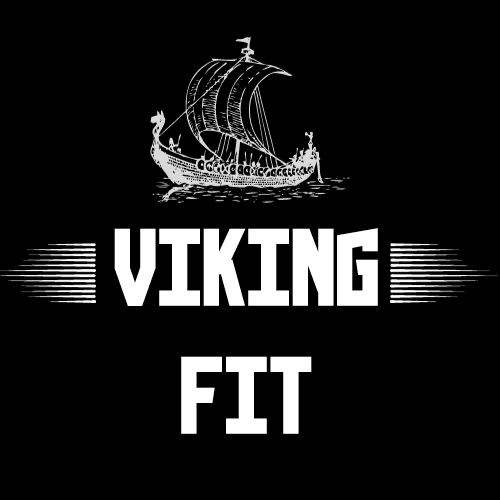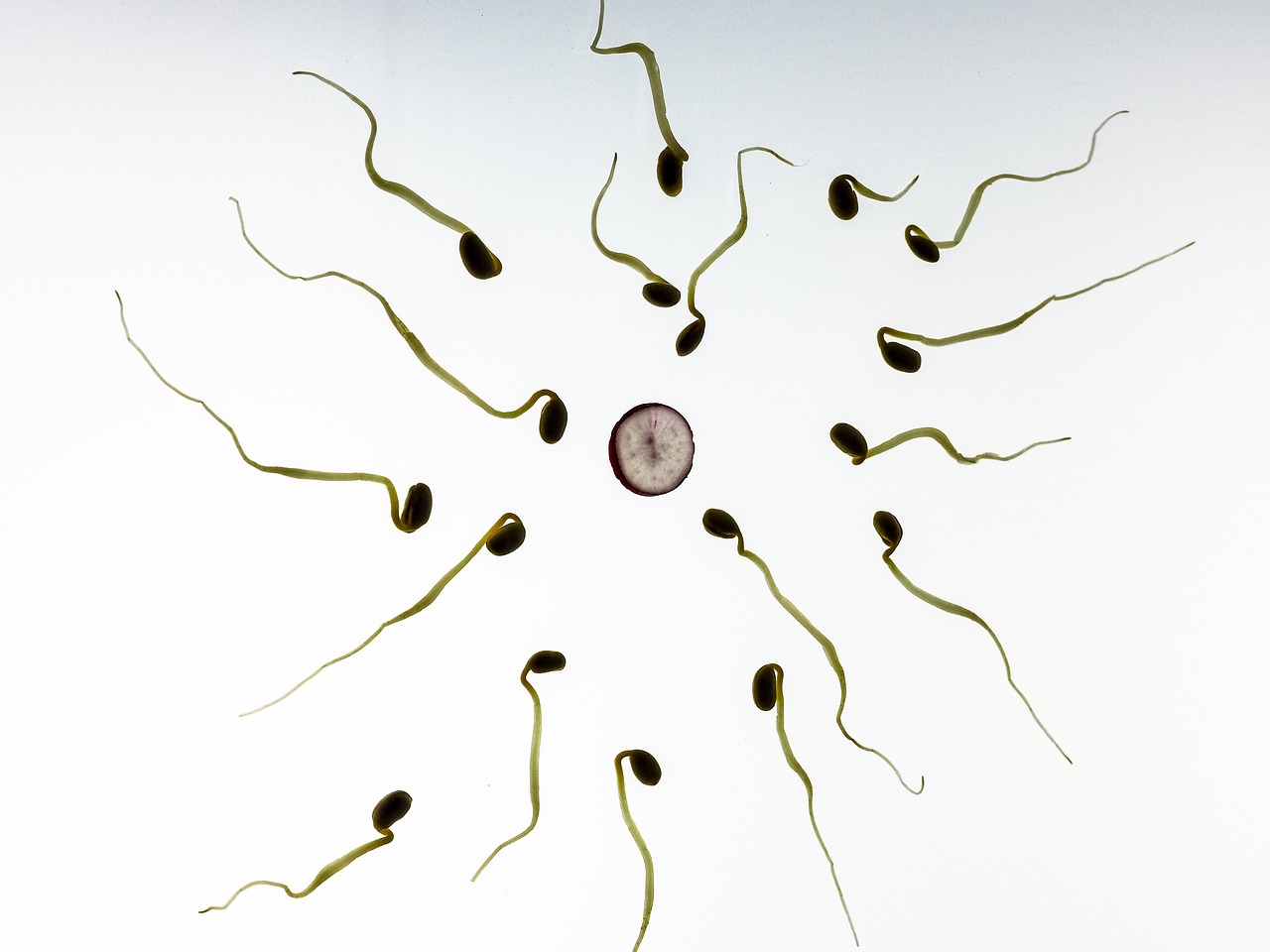
Table of Contents
Does Releasing Sperm Affect Muscle Growth? Exploring the Science Behind Ejaculation and Muscle Development
In bodybuilding, various theories and beliefs often emerge about the factors that influence muscle growth. does releasing sperm affect muscle growth?, or ejaculation, on muscle development is the One such topic of discussion . This article aims to provide an in-depth exploration of this topic, dissecting the myths, examining the scientific evidence, and offering insights into the complex relationship between ejaculation and muscle growth.
Understanding the Myth:
The notion that releasing sperm affects muscle growth is rooted in the idea that ejaculation may deplete the body of essential nutrients and hormones necessary for muscle repair and growth. Proponents of this theory often argue that abstaining from ejaculation could lead to higher testosterone levels, thereby promoting muscle development. However, it’s crucial to approach such claims with a critical mindset and examine them through the lens of scientific research.
Exploring Testosterone Levels:
Testosterone, a hormone produced primarily in the testes, is often associated with muscle growth. It plays a vital role in regulating various physiological processes, including muscle mass, bone density, and fat distribution. Consequently, many individuals believe that maintaining high testosterone levels is essential for maximizing muscle gains. However, the relationship between testosterone and muscle growth is multifaceted and influenced by numerous factors.
Understanding Testosterone: Testosterone is a steroid hormone primarily produced in the testes in males and in smaller quantities in the ovaries and adrenal glands in females. It belongs to a class of hormones known as androgens, which are responsible for the development of male characteristics such as facial hair, deep voice, and muscle mass. Testosterone plays a crucial role in regulating various physiological functions, including muscle growth, bone density, fat distribution, libido, and mood.
The Role of Testosterone in Muscle Growth:
Testosterone exerts its anabolic effects on muscle tissue primarily through two mechanisms: protein synthesis and inhibition of protein breakdown. Protein synthesis is the process by which cells build new proteins, including those necessary for muscle repair and growth. Testosterone enhances protein synthesis by activating specific receptors in muscle cells, thereby promoting muscle hypertrophy (increase in muscle size).
Additionally, testosterone inhibits the activity of enzymes responsible for breaking down muscle proteins, thus preserving muscle mass. This dual mechanism of action allows testosterone to promote net muscle gain, making it a critical hormone for muscle growth.
Effects of Testosterone Levels on Muscle Growth:
Optimal testosterone levels are associated with improved muscle strength, size, and performance. Research suggests that individuals with higher testosterone levels tend to exhibit greater muscle mass and strength compared to those with lower levels. However, it’s important to note that the relationship between testosterone levels and muscle growth is not linear, and other factors also play significant roles.
Genetics:
Genetic factors heavily influence an individual’s baseline testosterone levels and their responsiveness to testosterone. Variations in genes involved in testosterone production, metabolism, and receptor sensitivity can impact an individual’s ability to build muscle in response to testosterone stimulation.
Scientific Evidence:
Numerous studies have attempted to elucidate the impact of ejaculation on testosterone levels, but the findings have been inconclusive. Some research suggests that short-term abstinence from ejaculation may lead to a transient increase in testosterone levels, while others indicate no significant difference. Additionally, the effects of testosterone on muscle growth vary depending on individual factors such as genetics, age, and overall health.
Factors Influencing Muscle Growth:
While testosterone undoubtedly plays a role in muscle development, it’s essential to recognize that muscle growth is a complex process influenced by various factors. Nutrition, exercise routine, sleep quality, stress levels, and overall lifestyle choices all contribute to an individual’s ability to build muscle. Focusing solely on ejaculation frequency as a determinant of muscle growth oversimplifies this intricate interplay of physiological and environmental factors.
Nutrition:
A balanced diet rich in protein, carbohydrates, healthy fats, vitamins, and minerals is essential for supporting muscle growth and repair. Adequate protein intake is particularly crucial, as it provides the building blocks (amino acids) necessary for muscle protein synthesis. Additionally, consuming sufficient calories and staying hydrated are essential for fueling workouts and facilitating recovery.
A balanced diet rich in macronutrients (protein, carbohydrates, and fats) and micronutrients (vitamins and minerals) is crucial for supporting muscle growth and repair. Protein, in particular, plays a central role in muscle protein synthesis, the process by which new muscle tissue is formed. Consuming an adequate amount of protein, preferably from high-quality sources such as lean meats, poultry, fish, eggs, dairy, legumes, and tofu, is essential for maximizing muscle gains.
Carbohydrates provide the necessary energy for intense workouts and replenish glycogen stores, while fats contribute to hormone production and overall health. Adequate hydration is also essential for optimal muscle function and recovery.

Exercise Routine:
Resistance training, such as weightlifting, is the cornerstone of any muscle-building regimen. By subjecting muscles to progressively heavier loads, resistance training stimulates muscle growth through a process known as hypertrophy. Incorporating a variety of exercises that target different muscle groups ensures comprehensive development and prevents plateauing. Sign Of Gaining Muscle And Losing Fat In 2024
Rest and Recovery:
Muscles grow and repair during periods of rest, making adequate sleep and recovery essential for maximizing muscle gains. Aim for 7-9 hours of quality sleep per night, as insufficient sleep can impair muscle recovery, increase cortisol levels (a stress hormone that can inhibit muscle growth), and diminish exercise performance.
Muscle Repair and Growth:
During sleep, the body undergoes essential processes for muscle repair and growth. Growth hormone, also known as somatotropin, is released during deep sleep stages, stimulating tissue repair, muscle growth, and protein synthesis. Additionally, sleep supports the production of adenosine triphosphate (ATP), the energy currency of cells, which is crucial for muscle contraction and repair.
Hormonal Regulation:
Sleep plays a crucial role in regulating various hormones that influence muscle growth and metabolism. Inadequate sleep disrupts hormonal balance, leading to alterations in insulin sensitivity, cortisol levels, and growth hormone secretion. Elevated cortisol levels, associated with sleep deprivation, can increase protein breakdown and hinder muscle recovery. Conversely, sufficient sleep promotes optimal hormone levels conducive to muscle growth and recovery.
Performance Enhancement:
Quality sleep is essential for optimizing athletic performance and exercise capacity. Studies have shown that sleep deprivation can impair cognitive function, reaction time, coordination, and endurance, compromising exercise performance. Conversely, adequate sleep enhances alertness, reaction time, decision-making, and overall physical performance, enabling athletes to train harder, recover faster, and perform at their best.
Immune Function:
Sleep plays a crucial role in supporting immune function and overall health. Prolonged sleep deprivation suppresses immune function, increasing susceptibility to illness and infection. A compromised immune system can hinder recovery from intense workouts and delay muscle repair, ultimately impeding muscle growth and performance. Prioritizing sleep hygiene and ensuring adequate rest can bolster immune function and promote optimal recovery.
Sleep Hygiene Tips:
To optimize sleep quality and recovery, consider implementing the following sleep hygiene practices:
- Maintain a consistent sleep schedule: Aim for 7-9 hours of sleep per night and establish a regular sleep-wake cycle.
- Create a conducive sleep environment: Ensure your bedroom is quiet, dark, and cool, with a comfortable mattress and pillows.
- Limit exposure to electronic devices: Minimize screen time before bedtime, as exposure to blue light can disrupt circadian rhythms and melatonin production.
- Practice relaxation techniques: Wind down before bed with calming activities such as reading, meditating, or practicing deep breathing exercises.
- Avoid stimulants and heavy meals: Limit consumption of caffeine, nicotine, and alcohol, particularly in the hours leading up to bedtime. Additionally, avoid large meals close to bedtime, as they can interfere with sleep quality.
Incorporating Recovery Strategies:
In addition to prioritizing sleep, incorporating other recovery strategies can further enhance muscle repair and growth. Active recovery techniques such as foam rolling, stretching, yoga, and light exercise can promote blood flow, alleviate muscle soreness, and enhance recovery between workouts. Additionally, consuming a post-workout meal or snack containing protein and carbohydrates can replenish glycogen stores and support muscle repair and growth.
Lifestyle Factors:
Maintaining a healthy lifestyle can also impact muscle growth. Minimizing stress, avoiding excessive alcohol consumption and tobacco use, and managing any underlying medical conditions are all important considerations. Additionally, staying consistent with your exercise and nutrition regimen over the long term is key to achieving sustainable results.
Conclusion:
In conclusion, the belief that releasing sperm affects muscle growth is largely based on speculation rather than concrete scientific evidence. While testosterone is an important hormone associated with muscle development, the relationship between ejaculation and testosterone levels is complex and not fully understood. Instead of fixating on ejaculation frequency, individuals aspiring for muscle growth should focus on optimizing their nutrition, exercise routine, rest, and overall lifestyle choices.
By adopting evidence-based approaches to muscle growth and debunking myths surrounding ejaculation and muscle development, individuals can make informed decisions about their fitness journey. Ultimately, achieving optimal muscle growth requires a multifaceted approach that addresses the interplay of physiological, nutritional, and lifestyle factors. So, the next time you encounter claims about the effects of releasing sperm on muscle growth, approach them with skepticism and rely on scientific evidence to guide your understanding.





Pingback: Mother Bucker Pre-workout : Your Ultimate Fitness Companion - Vikingfit22.com
Pingback: 7 Effective Lower Glute Exercises - Vikingfit22.com